1992 / Richard Attenborough > Considering the spotlight on Robert Downey, Jr. post-Iron Man, it’s shocking that more people haven’t brought up his magnificent performance in Chaplin. Even now, watching Charlie’s flicks, I can’t help but substitute in Downey’s face without a worry. At age 27, he mimicked the lives of one of the most magnetic performers in cinematic history yet it feels as if no one remembers. Some of this blame arguably goes to Attenborough for taking an unorthodox approach to a biopic by focusing on Chaplin’s love affairs to progress the storyline, which led to slightly uneven pacing and treatment of his work as almost secondary. While this may have resulted in mixed critical response, there’s no denying that his life did indeed revolve around women, and that the longing for his first love led to multiple marriages to younger and younger women. Furthermore, there was at least 12 minutes cut from the director’s version and almost two hours left on the cutting floor altogether. Who knows how much better this would have made it, but even as it stands, it’s an incredibly enjoyable piece about a fascinating icon of culture and is worth viewing to get a glimpse into him and his works as well as the ridiculousness of the McCarthy era.
Category Archives: 4.0
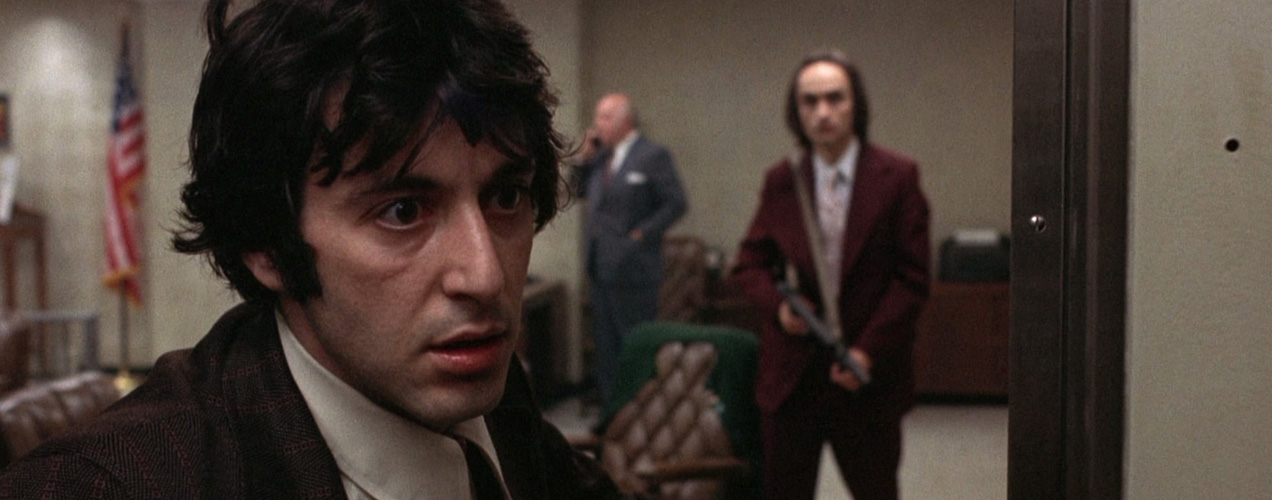
Dog Day Afternoon
1975 / Sidney Lumet > Bleaker than it initially comes off, Dog Day Afternoon is a scriptwriting achievement by Frank Pierson (who was rightfully awarded an Oscar for it). It head-on attacks society and the system in cleverly underhanded ways (i.e., who could have imagined a gay rally challenging the likes of Harvey Milk?) without being whimsical or, more importantly, impractical. It’s harsh but loving, and Lumet’s direction is nothing short of just right. Nothing really feels forced, and the phone call between Chris Sarandon and Al Pacino (fully improvised, amazingly) is a testament to the heart of the film.
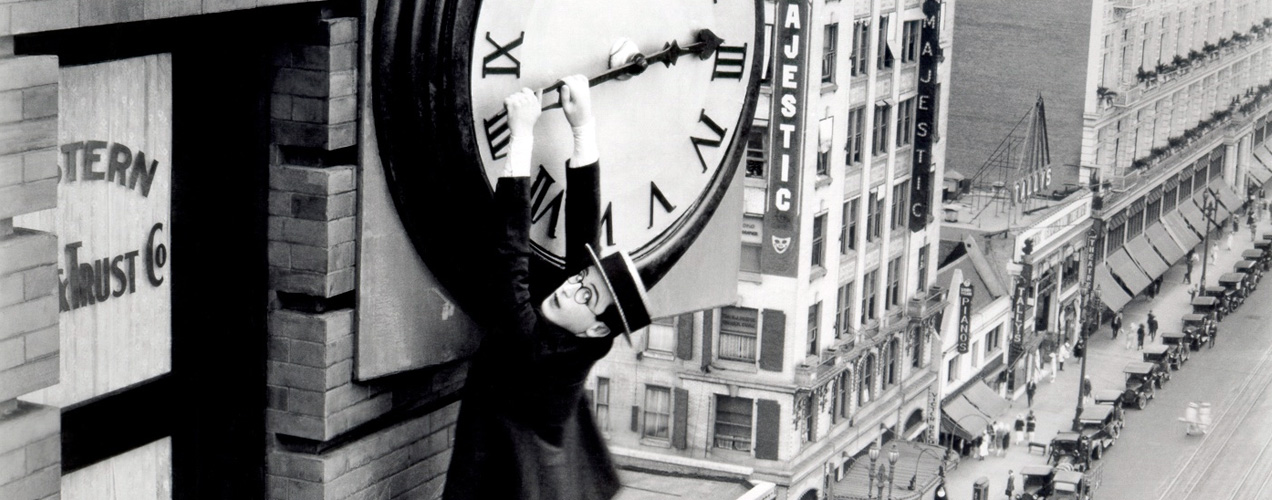
Safety Last!
1923 / Fred C. Newmeyer & Sam Taylor > Often forgotten amongst Buster Keaton and Charlie Chaplin is silent comedy master Harold Lloyd who, a year before Keaton’s special effects bonanza in Sherlock Jr., created a comedy of lively proportions in Safety Last! Most famous for the image of him dangling from a clock atop a Roaring Twenties skyscraper, the film is an entertaining comedy that centers around Lloyd trying to make his girlfriend back home believe that he’s become a successful store manager in the big city. This simple act, which has worked as a story basis for hundreds of films afterward, leads to all kinds of hilarity and stunts by the actor. Personally, I found that it barely aged, and that a film of such a nature could not benefit from the addition of sound or color. It feels honest and authentic, and with a running time of roughly 70 minutes, it also packs in quite a punch without testing one’s patience.
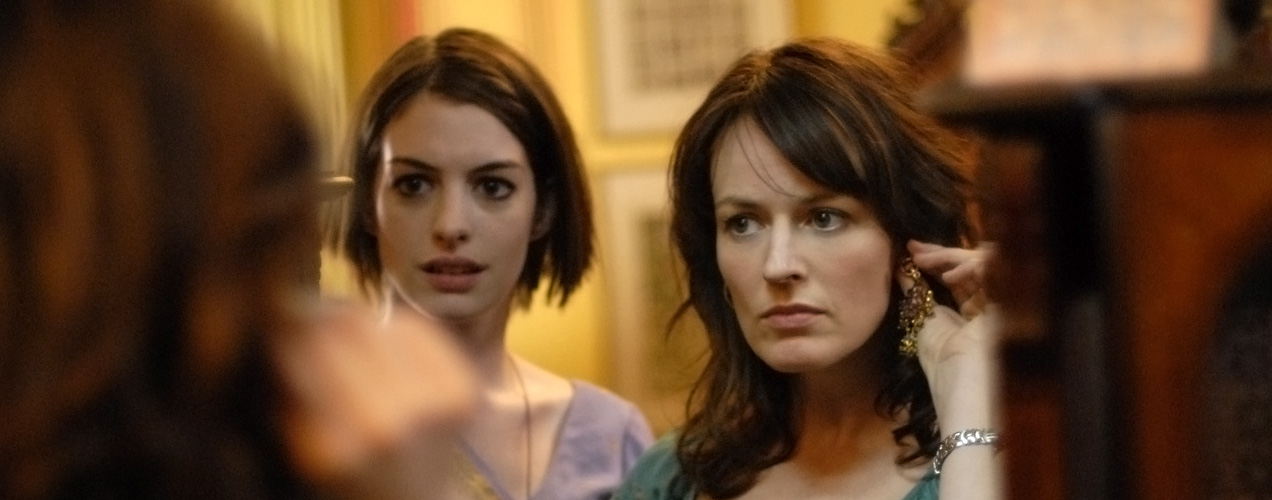
Rachel Getting Married
2008 / Jonathan Demme > As I watched the Oscars, my quiet, secret hope for a coup lay in Anne Hathaway. Our princess with a diary who created havoc while breaking mountains had somehow ended up at her sister’s wedding, half-broken, trying to be resilient and drawing attention to herself in an effort to not do so. Hathaway plays the role with such tact. Her character isn’t particularly likable, yet by the end, it’s nearly impossible not to feel some level of empathy, because we’ve all been in situations where we’ve been misunderstood, been misguided or simply didn’t know better. Along with Hathaway, Rosemarie DeWitt (the Rachel in question) and Bill Irwin (their father) hold up their own ends with simply excellent performances that puts Rachel Getting Married near the top of best ensembles of the year.
For Demme, this is a nice, flowing, rhythmic piece, and arguably his finest since 1991’s The Silence of the Lambs. (Yes, it’s been that long.) The direction seems so hands off, with organic angles, lively dialogue and an actual band being cast to provide the music for the film, some sort of homage to Dogme 95. To top it off, TV on the Radio’s Tunde Adebimpe plays the groom and even has a bit of a vocal solo that fits in seamlessly.
This is the kind of family drama that is completely hit or miss for most viewers. Some will find it cynical, contrived and downright boring, but many, like myself, found it true-to-life uplifting. (Sure, the actual wedding is a bit new age, but the family troubles are as bread and butter as they come.) But let me be fair: This is not the kind of uplifting that makes you think you can go and conquer the world. It’s more about hope in people, and that family can work even with a few very large kinks.
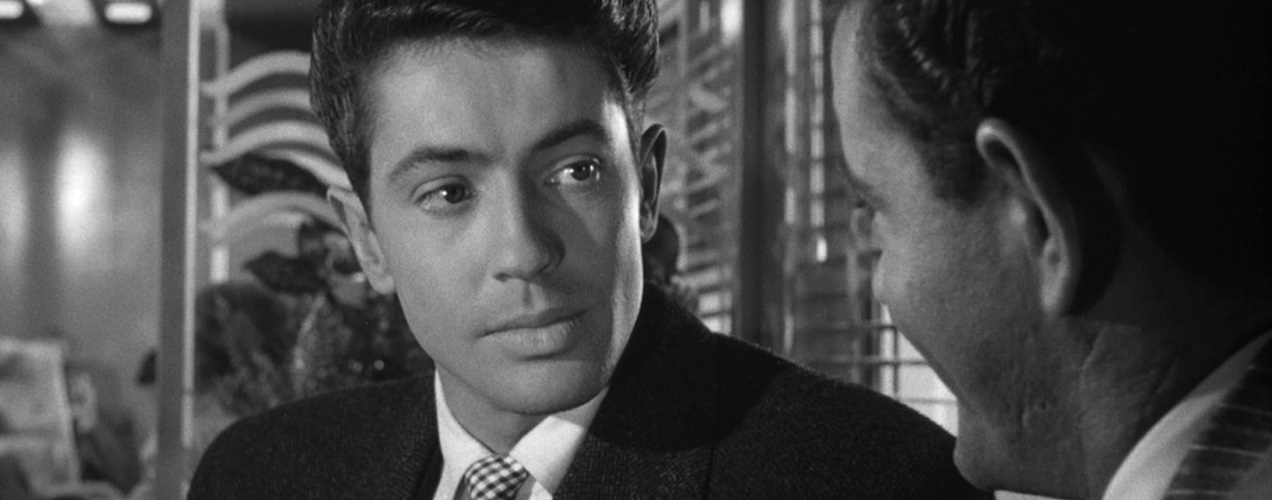
Strangers on a Train
1951 / Alfred Hitchcock > As much as I enjoyed Vertigo and North by Northwest, neither of them gripped me in the traditional sense of a suspense the way Strangers on a Train did. From the get-go, you know something is going on, something sinister, but you just can’t get the hang of it. And then when you realize that you may have underestimated Bruno Anthony (played impeccably by Robert Walker) just a bit, the real shock arises. Too often, we want the bad guy to win because we’re bored, but here, in the face of what is a human evil, I found it easy to bind myself to the good guys and hope for victory.
Sadly, Walker passed away soon after filming, leaving behind one of the best portrayals of a villain I’ve ever seen. In contrast, Farley Granger is wooden as the leading man. One could argue he balances Walker, but that would be giving the casting director too much credit.
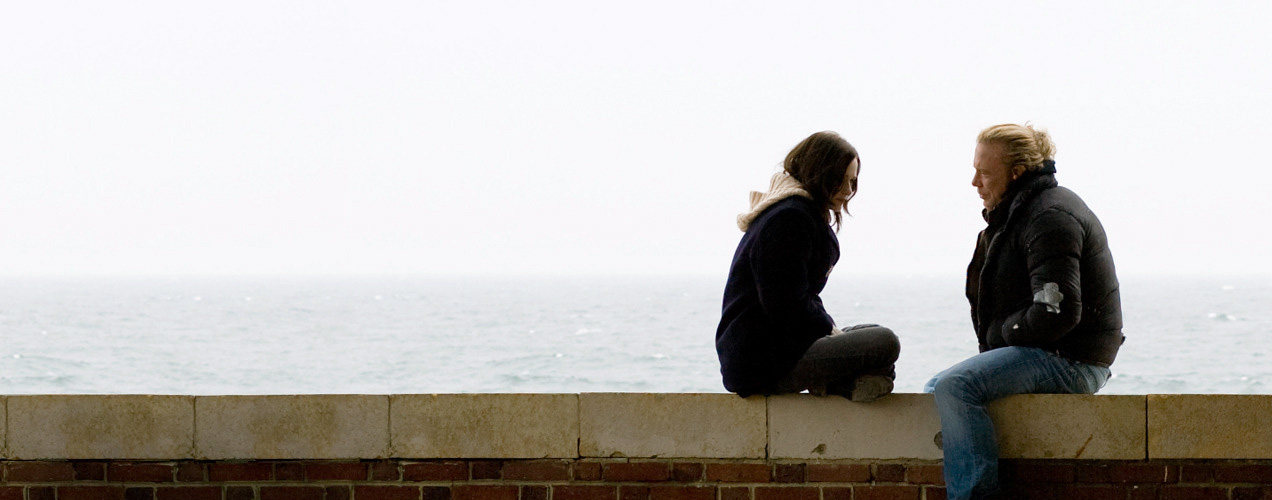
The Wrestler
2008 / Darren Aronofsky > Over the years, I’ve not been a huge fan of Aronofsky. Requiem for a Dream has aged worse than almost any film (with arguably the exception of The Matrix) in the past decade. The quick cuts and screeching sounds have been done and done again, and once you remove all that, so much of what made that film work goes away. But in The Wrestler, he’s come forth to show that he can create a work of emotional resonance, one that knows how to tell a good story without the gimmickry and flashes. It’s impressive, especially when you realize that wrestling is a “sport” that’s mocked and doubted, but somehow the film makes us feel for both the rookies and veterans of the game. Lives have dreams, and while not every dream matches our individual expectations, they are valid, fulfilling dreams nonetheless.
And who better to bring all of this to life than Mickey Rourke? Actually, most people would have had a million other preferences beforehand, but Rourke’s performance should set all of that to bay. Aronofsky took chances with his casting here (especially after the potential debacle this may be been with role originally going to Nicolas Cage), but it’s obviously paid out in spades. It’s hard to gauge how much of this is acting, and how much of it is Rourke dipping into his soul, trying desperately to redeem himself in his own eyes and those of the world. It’s a spectacle of sorts. The long shot of him walking into the deli is easily one of the best scenes in 2008 cinema. With all due respect to Sean Penn in Milk, no other performances this year dominated a film as Rourke here and Heath Ledger in The Dark Knight.

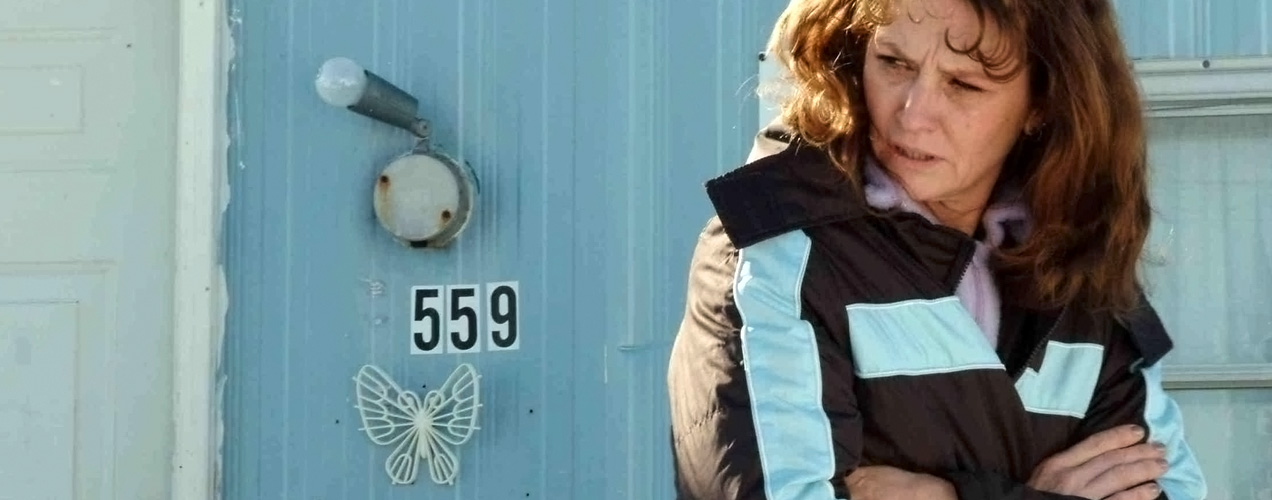
Frozen River
2008 / Courtney Hunt > So glad to see Hunt and lead Melissa Leo get proper acknowledgment from the Academy. Slipping under the radar of most moviegoers, Frozen River is a surprising and equally as effective drama with an element of crime that does an excellent job of objective storytelling. The script deals with morality and ethnic boundaries in the most delicate manner while holding no punches. The characters are fleshed out, the plot developed and the tension builds steadily. I can only imagine how much better a film Gran Torino would have been if it had taken some notes from this instead of hurling heavy-handed stereotypes and amateur acting onto the screen. In a year where studio films have dominated, this is a proud accomplishment from the indie scene.
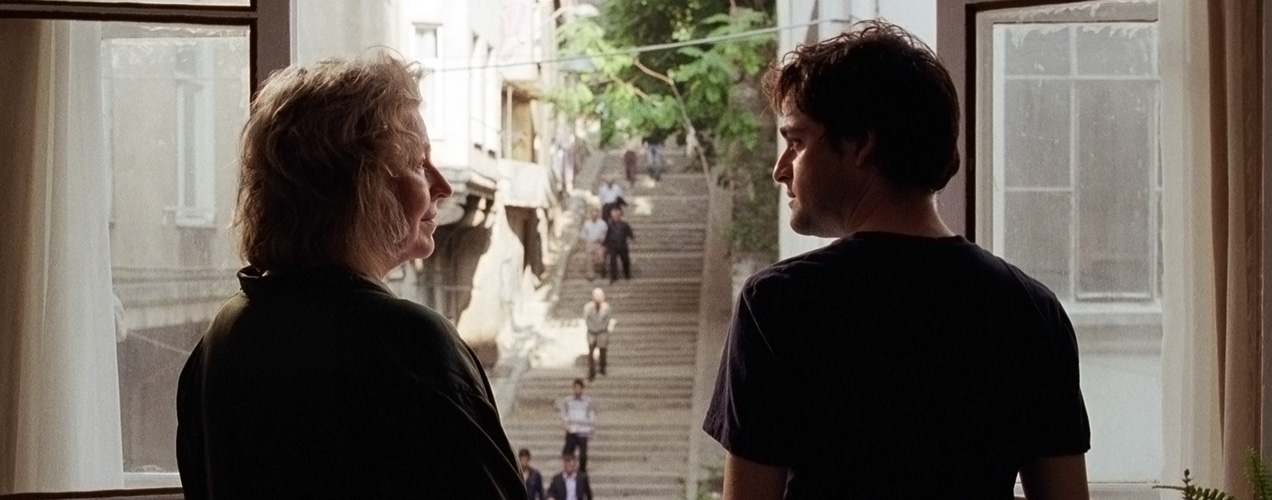
The Edge of Heaven
2007 / Fatih Akin > For a while, I thought this was going to be Babel-lite. But Akin, having shown his ability to mesmerize and churn the human heart in the fantastic Head-On, tempered his storytelling technique so that it doesn’t reek of emotional manipulation. Sure, it’s got some points where he heavily tests Murphy’s Law, but eventually you can see a mechanism for him to examine how we grieve, how we find solace in a world of tragedies and how there’s always hope. There’s an emotional intelligence to the whole show that sticks. The icing on the cake may be the performance of Turkish beauty Nurgul Yesilcay, who comes off raw yet tender and steals every scene she’s in.
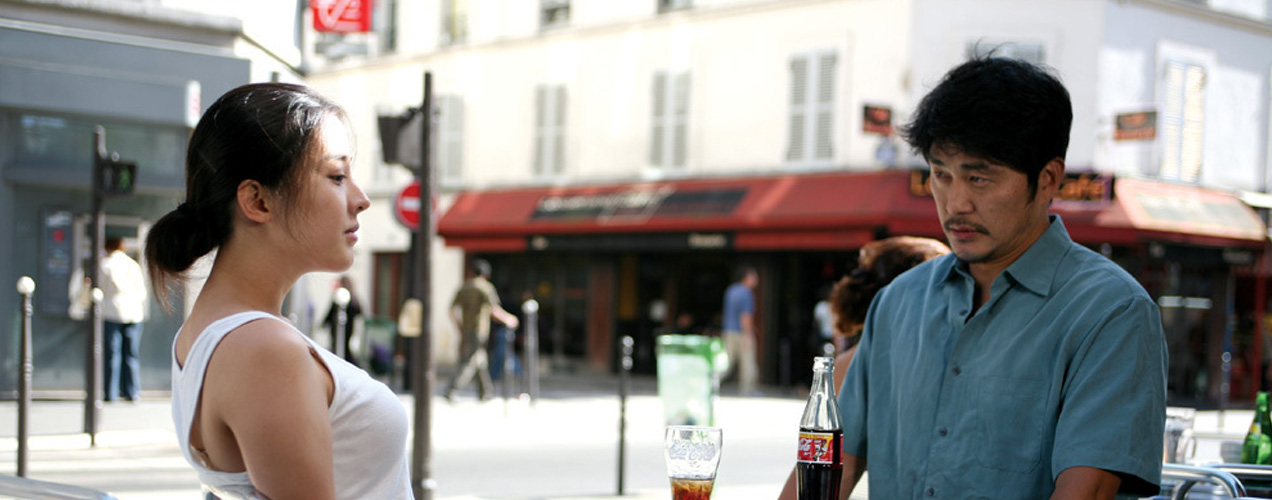
Night and Day
2008 / Hong Sang-soo > For Hong, this is beyond return to form: It’s an impressive work that shoves aside much of the quirkiness of his previous stories and focuses on the loneliness faced by a Korean in Paris. Once again, we deal with themes of love, longing and faithfulness, but the plot devices are much more identifiable this time around. Instead of abstract meetings on trains, we have introductions and rekindling of past relationships. But beyond that, it’s hard to describe. It’s so layered that it’s nearly impossible to reach an emotional consensus upon the first viewing. But what it does do is stay with you afterwards, nagging, making you wonder if the decisions made in the film are akin to decisions you would make yourself. That’s definitely Hong’s hook, though—reveling in our self-doubts about life and the opposite sex. We watch his films to learn more about ourselves, and this is no exception.

WALL·E
2008 / Andrew Stanton > It’s truly a testament to Pixar’s ability to make an animated film where the lead character barely utters a word. In its quiet repose, WALL·E evokes emotions that are all within us, of abject loneliness and wanting to be understood, though never sensationalizing either. Face it: This isn’t a kids movie. The ideas within the film are not easily understood beyond the surface level by anyone who hasn’t experienced a degree of heartache.
The first half is sheer brilliance. While its minimalist approach isn’t a rarity in the current film market, the unpretentious manner in which it unfolds is. It works for almost everyone who watches it because it doesn’t insult anyone’s intelligence or patience. The second half, however, becomes problematic for me. To begin with, the treatment of obesity is something I had a hard time looking past. In a country where weight is such an issue, it almost hurts to see it treated as a joke. More importantly, I felt that nearing the climax, the story lost its footing. It became symptomatic of a typical animation flick than something special. Finally, the ending was too easy. I just couldn’t find solace in its outcome. I felt cheated. Maybe that makes me cynical, but sometimes too much hope is a bad thing. But these points withstanding, WALL·E makes a strong case for the spirit and future of Western animation.

